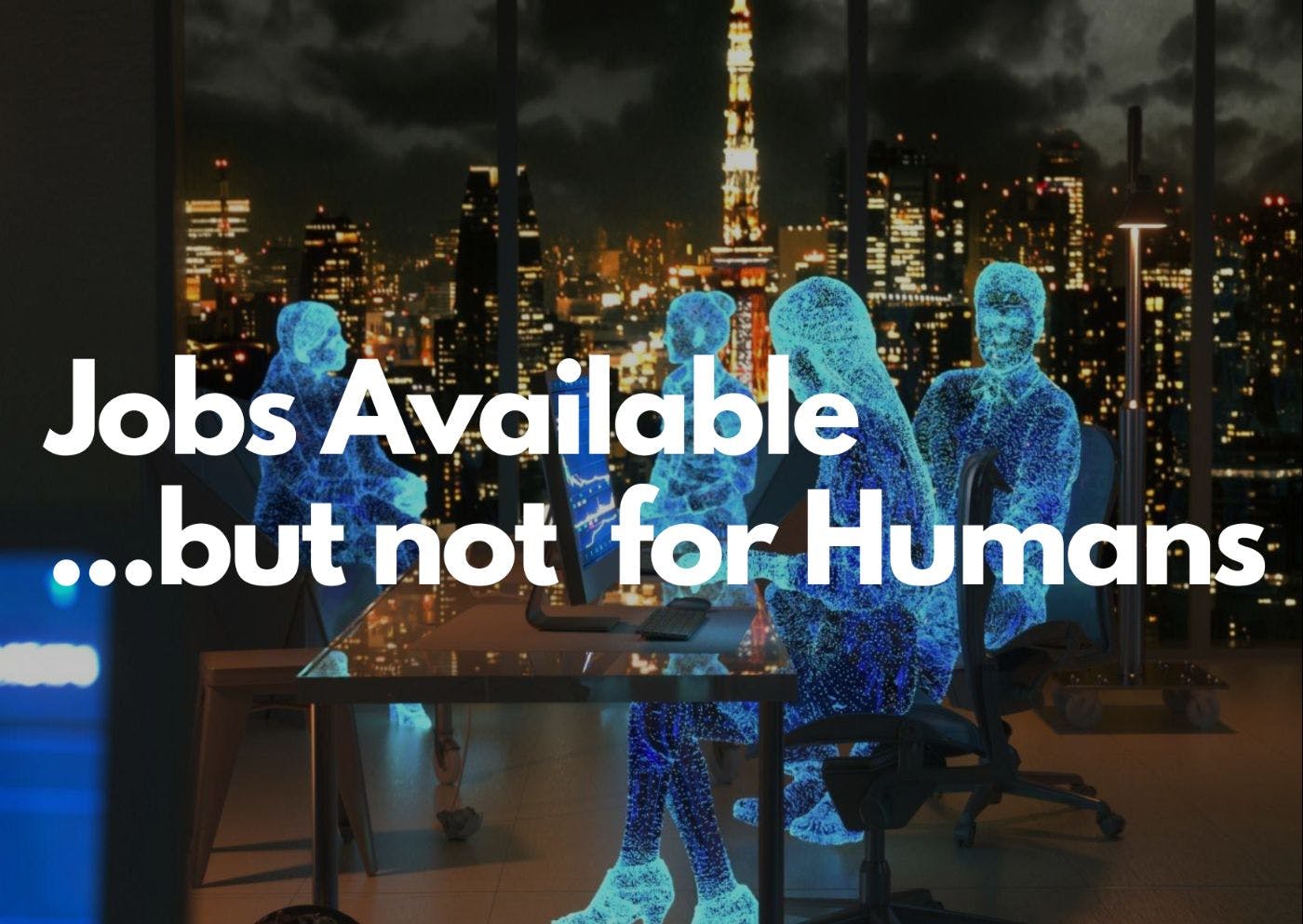Audio Presented by

Creative business story and content writer who aims to bring visibility as a part of digital marketing strategy.
About Author
Creative business story and content writer who aims to bring visibility as a part of digital marketing strategy.
